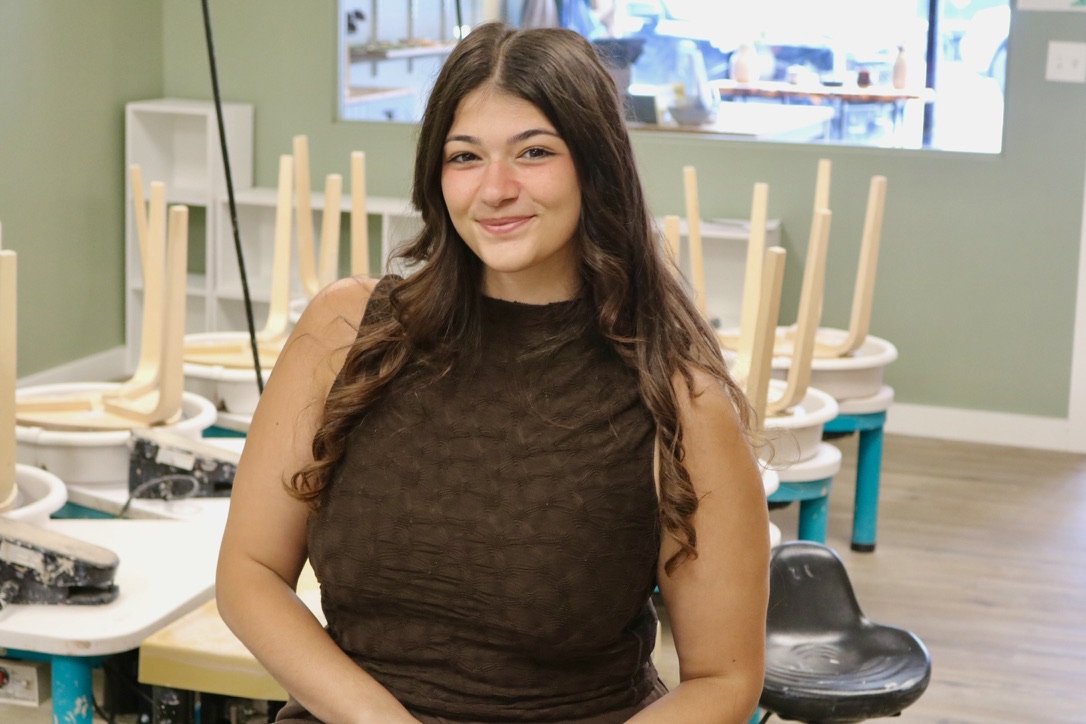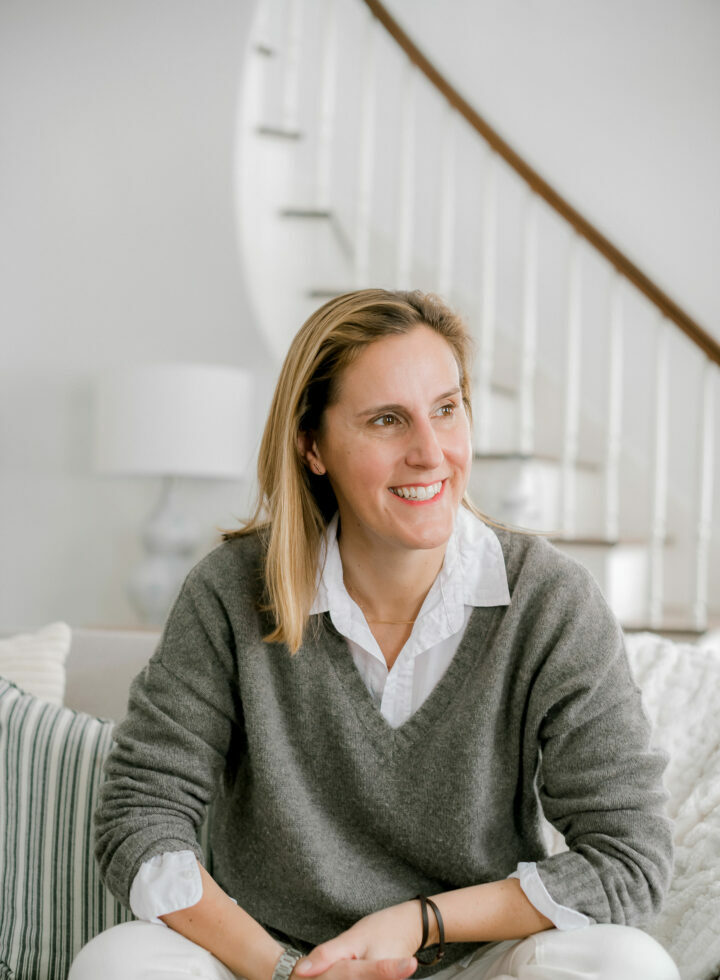We were lucky to catch up with Kemual Jones recently and have shared our conversation below.
Kemual, so excited to have you with us today. So much we can chat about, but one of the questions we are most interested in is how you have managed to keep your creativity alive.
I still remember the first time I picked up a camera. It wasn’t just about capturing images—it was about telling stories that moved people. At the time, I didn’t realize that moment would set me on a path that would shape my entire career.
My passion for film was sparked when I saw my first indie film by A24 Films. That experience opened my eyes to the depth of storytelling and artistic expression in cinema. I pursued a degree in graphics and storytelling at Queens University of Charlotte, which helped me develop a strong visual and narrative foundation. During my time there, I had the opportunity to intern at a production house. That experience was invaluable—it not only sharpened my technical skills but also helped me understand that creativity looks different for every individual.
After interning, I transitioned into freelancing, taking on a variety of projects that expanded my experience. The more I worked, the more I was drawn to both commercial and narrative filmmaking. What excites me most about creativity is that it never looks the same for any two people. That’s the beauty of it—everyone brings a unique perspective to storytelling.
For me, creativity is fueled by a mix of influences—music, books, other filmmakers, and real-life experiences. I constantly challenge myself to write and develop passion projects, which allow me to explore ideas that aren’t bound by industry trends or mainstream expectations. I believe some of the most powerful stories are the ones we may never see on the big screen, television, or social platforms, and that’s what inspires me to keep creating.
Currently, I work as a Film Specialist at a church, where I focus on faith-based storytelling. This presents a unique creative challenge—finding the balance between a film’s message and its artistic execution. One cannot overpower the other; they must work together to create something both meaningful and visually compelling.
Creativity isn’t just about talent or inspiration—it’s about showing up, staying curious, and being willing to tell stories that matter. Whether through a church film, a commercial, or a personal project, I believe every story has the power to make an impact.


Great, so let’s take a few minutes and cover your story. What should folks know about you and what you do?
I work as a Film Specialist in the communications department at Transformation Church in Indian Land, SC, where I focus on creating faith-based cinematic content. My role allows me to craft stories that inspire, challenge, and bring meaningful messages to life. Beyond church filmmaking, I also freelance in commercial and narrative film, offering my expertise in directing, cinematography, and storytelling.
Professionally, I’m focused on expanding my creative reach—pushing the boundaries of faith-based storytelling while continuing to work on commercial and personal projects that challenge mainstream narratives. I enjoy crafting films that not only entertain but also spark deeper conversations, whether through branding work, documentary-style pieces, or cinematic short films.
At the heart of my brand is authentic storytelling—films that are visually compelling, emotionally resonant, and purpose-driven. I want my work to stand out for its production quality and ability to make an impact. Whether I’m creating for a church, a business, or a personal project, my goal is to deliver stories that connect with audiences on a deeper level.
I’m also passionate about mentorship and collaboration. Filmmaking is a team effort, and I believe in building strong creative communities where people can learn, grow, and refine their craft together. As I continue developing my career, I aim to invest in young creatives, share my experiences, and create opportunities for others to step into the world of filmmaking.
Ultimately, my brand is about storytelling with intention—whether in commercial work, faith-based films, or personal projects. I want to push creative boundaries, tell stories that matter, and inspire others to pursue their own creative journeys.


If you had to pick three qualities that are most important to develop, which three would you say matter most?
1. Adaptability – Embracing Change & Learning on the Go
Filmmaking is an ever-evolving industry—new technology, different creative approaches, and unexpected challenges are always part of the process. Being adaptable allowed me to learn from every project, take on various roles, and pivot when necessary. Whether it was working on church films, commercial projects, or independent filmmaking, I had to be open to new techniques, feedback, and creative problem-solving.
Don’t box yourself into one skill—explore directing, editing, cinematography, or even screenwriting to understand different aspects of film.
Be open to learning outside of formal education—YouTube, online courses, and hands-on projects can be just as valuable. Stay flexible and willing to step outside of your comfort zone.
2. Storytelling Intuition – Knowing How to Make People Feel Something
At the core of filmmaking is storytelling. Learning how to structure a compelling narrative, develop characters, and evoke emotion has been crucial to my success. Whether I’m working on a commercial, a faith-based film, or a passion project, I always ask: “What do I want people to feel, and why does this story matter?”
Study great films—not just for visuals, but for how they tell stories.
Write regularly, even if it’s short scripts or scene ideas—this helps refine your storytelling instincts.
Think beyond aesthetics; a visually stunning film is meaningless without a strong emotional core.
3. Persistence – Pushing Through the Challenges
Like any creative field, filmmaking comes with rejections, setbacks, and moments of doubt. The difference between those who succeed and those who don’t is persistence. There were times when projects didn’t work out, when I questioned my creative direction, or when resources were limited. But I kept going—learning, refining, and believing in my vision.
Don’t wait for the perfect opportunity—start creating with what you have.
Rejections and failures aren’t the end, they’re part of the process. Learn from them and keep improving.
Surround yourself with like-minded creatives who push you to keep going.
Filmmaking is more than just a skill—it’s a mindset. If you stay adaptable, master storytelling, and remain persistent, your creative journey will continue to grow in ways you never expected.


All the wisdom you’ve shared today is sincerely appreciated. Before we go, can you tell us about the main challenge you are currently facing?
One of the biggest challenges I’m currently facing is shifting my mindset from comparison and competition to inspiration and growth. In the film industry, it’s easy to fall into the trap of measuring your success against others—especially in an era where social media constantly showcases the best of what everyone else is doing. Seeing other filmmakers’ work, achievements, and opportunities can sometimes make me question if I’m doing enough, if my work measures up, or if I’m falling behind.
But I’ve come to realize that comparison stifles creativity, while inspiration fuels it. Instead of seeing other filmmakers as competition, I’m actively working to view them as a source of learning and motivation.
I remind myself that everyone’s journey is unique, and the only real competition is with my past self. Instead of fixating on what others are doing, I shift my energy toward improving my craft—whether through passion projects, experimenting with new techniques, or refining my storytelling skills.
Instead of seeing another filmmaker’s success as something that takes away from my own, I’m learning to celebrate it. If they can do it, it means I can too—just in my own time and in my own way. I actively engage with and support other creatives, recognizing that community over competition leads to more opportunities and meaningful collaborations.
When I see work that impresses me, I ask: What can I learn from this? Maybe it’s the way they use lighting, the pacing of their edits, or how they evoke emotion through cinematography. Rather than feeling inadequate, I turn that admiration into a challenge—how can I apply these insights to my own work while staying true to my unique vision?
Social media can be a double-edged sword. While it’s great for inspiration and networking, it can also create unrealistic comparisons. I’ve started setting boundaries—curating my feed to focus on content that genuinely inspires me and reminding myself that what I see online is just a highlight reel, not the full picture.
Filmmaking isn’t a race; it’s an evolving journey of creativity and storytelling. By shifting my mindset from comparison to inspiration, I’m rediscovering the joy in the process rather than constantly chasing the next achievement. My goal is to keep growing, keep creating, and most importantly, stay true to the stories I feel called to tell.
Contact Info:
- Website: https://www.kemualjones.com
- Instagram: https://www.instagram.com/its.kj_/
- Linkedin: https://www.linkedin.com/in/kemualjones/
- Youtube: https://www.youtube.com/@theamateurfilmmakerkj


Image Credits
Transformation Church Photography
so if you or someone you know deserves recognition please let us know here.




